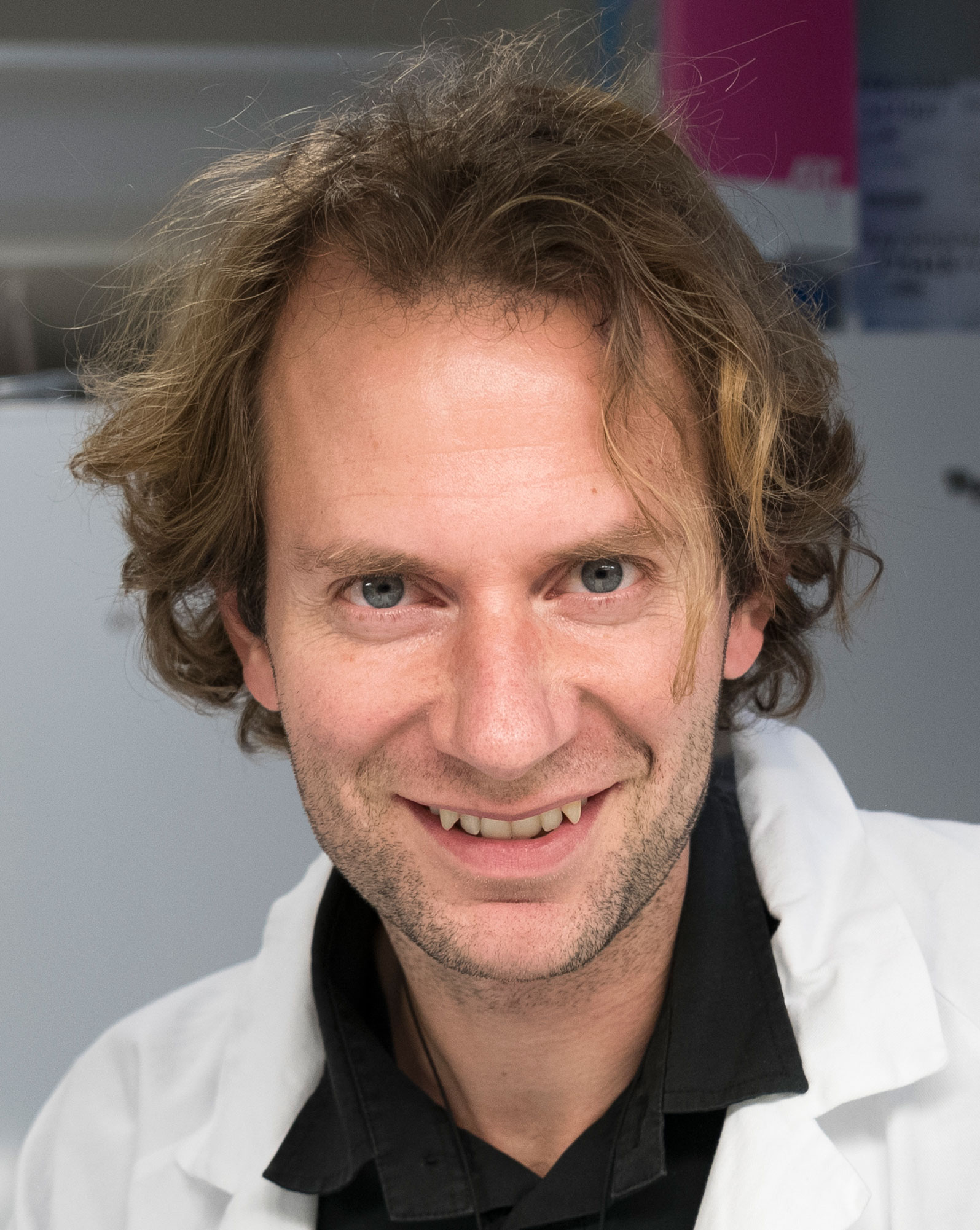Huntington's disease and neurodegenerative genomics

The Huntington's disease and neurodegenerative genomics group was founded as a project group in 2019 and a fully independent research group in 2022. We study a range of neurodegenerative and movement disorders, combining clinical data collection with advanced genomics and biomarker research. An overarching aim of our work is to elucidate disease mechanisms and pave way for precision medicine in neurodegenerative disorders of both monogenic and complex etiology.
Genome-wide association studies (GWAS) have provided important knowledge about the genetic architecture of brain disorders and highlighted key molecular pathways. We aim to build on the insights from GWAS and further advance our understanding of movement disorders and neurodegeneration, both by deep clinical phenotyping and advanced bioinformatic analyses of large genomic, epigenomic and transcriptomic datasets. In particular, we are interested in neuroinflammation, protein pathology and their intersection with genetic risk profiles.
Group leader Lasse Pihlstrøm is also heading the clinical team for Huntington's Disease and is responsible for the follow-up of HD patients in the outpatient clinic at Department of Neurology. Our clinic is currently the only Norwegian site in the global Enroll-HD study. Huntington’s disease is a monogenic disorder caused by a mutation in the HTT gene, yet the importance of genetic modifier variants elsewhere in the genome is increasingly recognized. We aim to contribute to a deeper understanding of these genetic modifiers, taking advantage of experience and methodologies from genomic studies of complex brain disorders such as Parkinson’s disease.
The ultimate aim of our research is to improve patient care. Observational studies such as PROSPOS and Enroll-HD are designed to facilitate clinical trials through their scientific output, but also by generating databases of well-characterized potential trial participants. Lasse Pihlstrøm is currently local PI of the NOPARK trial in Parkinson’s disease. Building upon experience from these studies, we have currently obtained funding to conduct a randomized multicenter trial of nikotinamid riboside (vitamin B3) in Huntington’s disease, which we aim to launch by the end of 2024.
We collaborate extensively with national and international partners and are active members of several international consortia such as the International Parkinson's Disease Genomics Consortium (IPDGC), the Global Parkinson’s Genetics Program (GP2) and the Genetic Modifiers of Huntington’s Disease (GeM-HD) Consortium. See further details under Funding and collaborators.